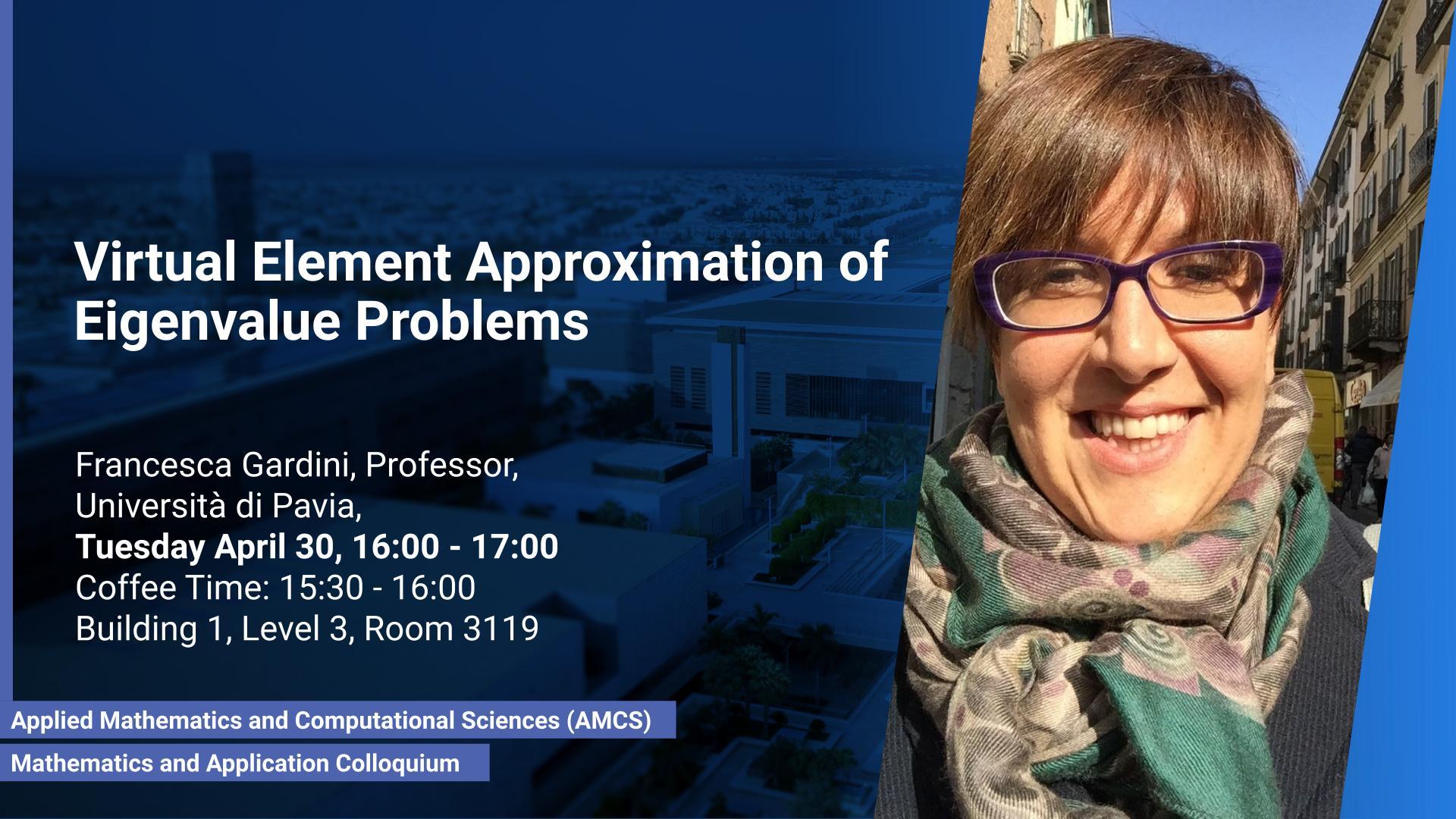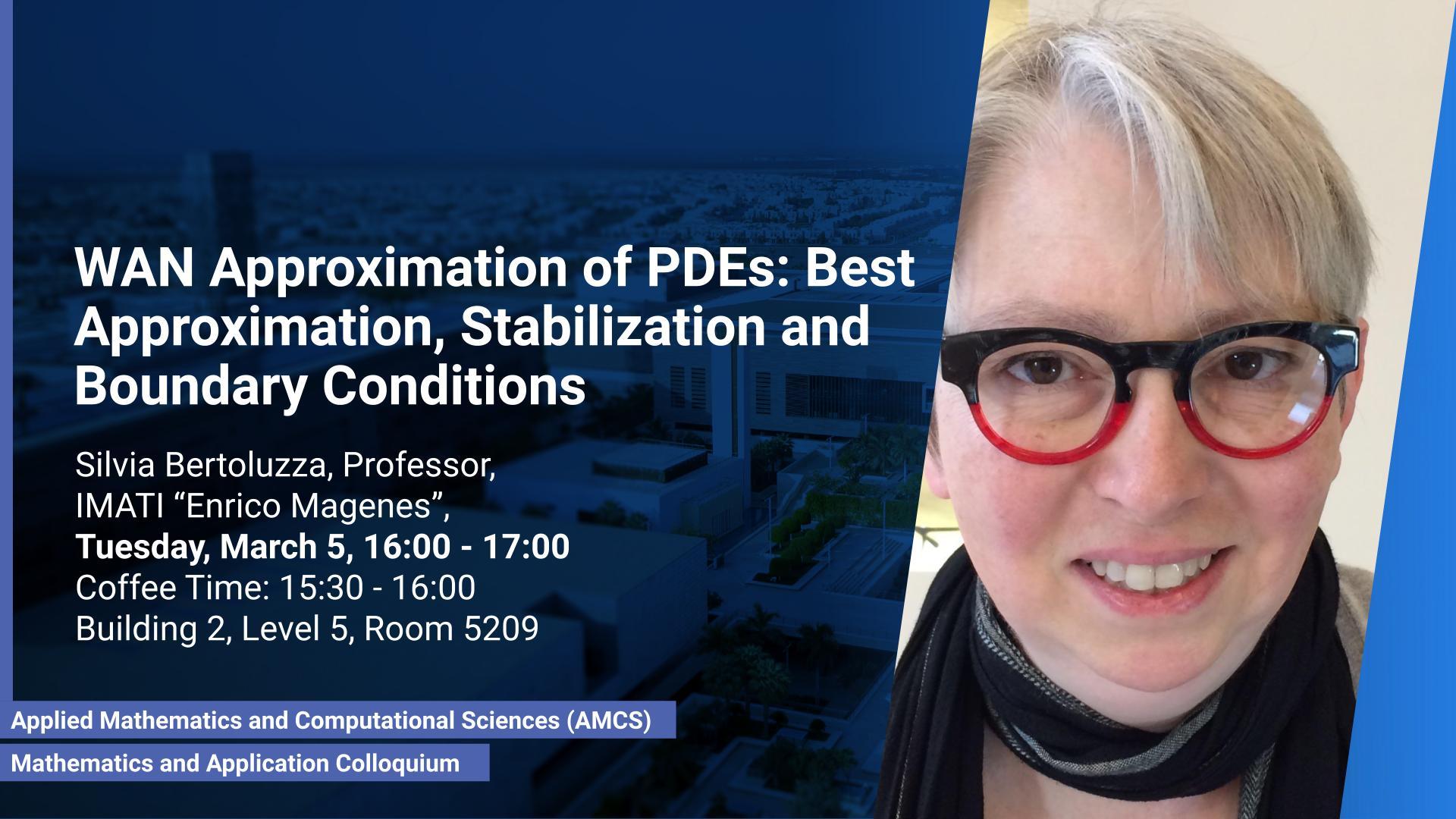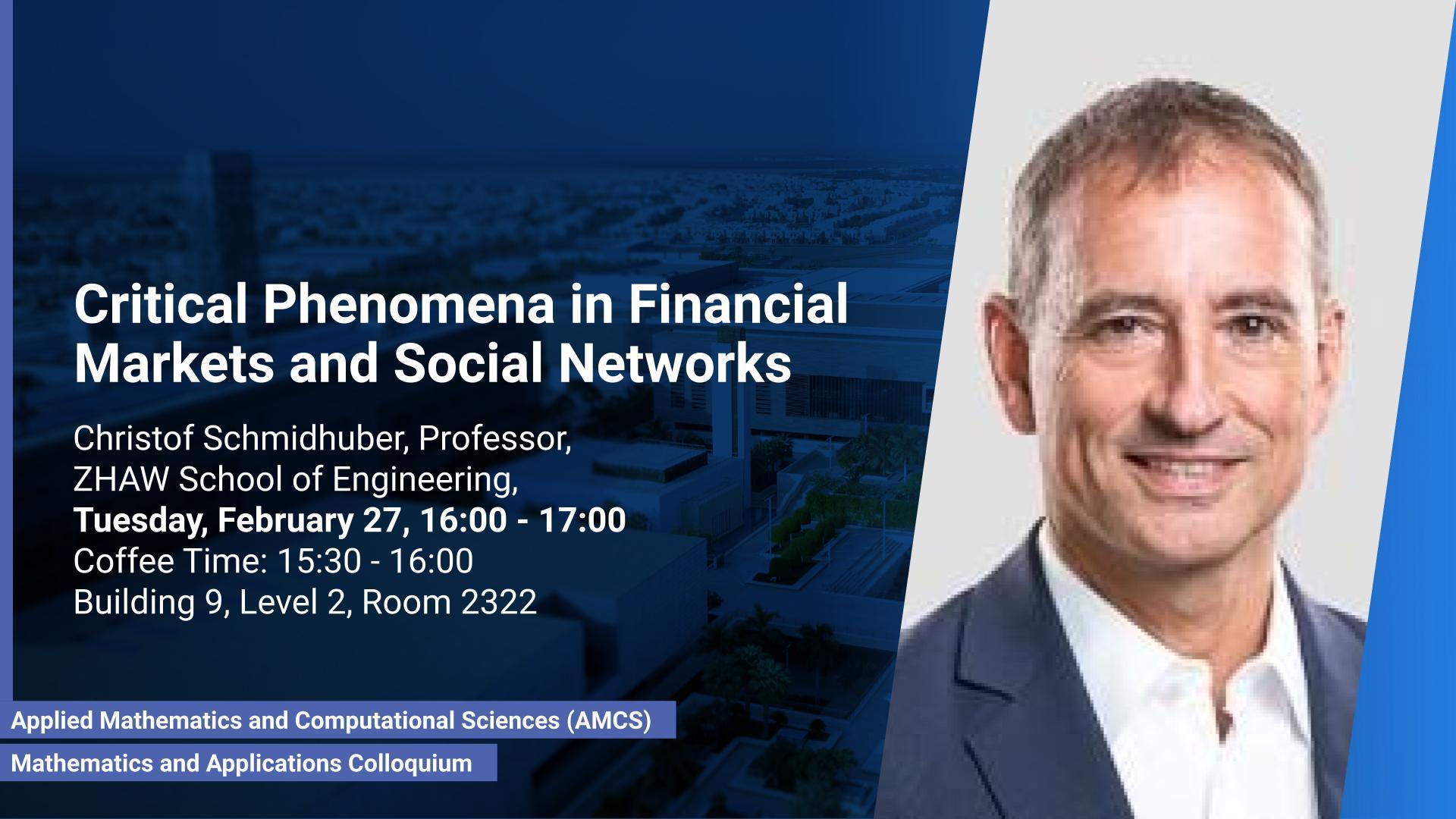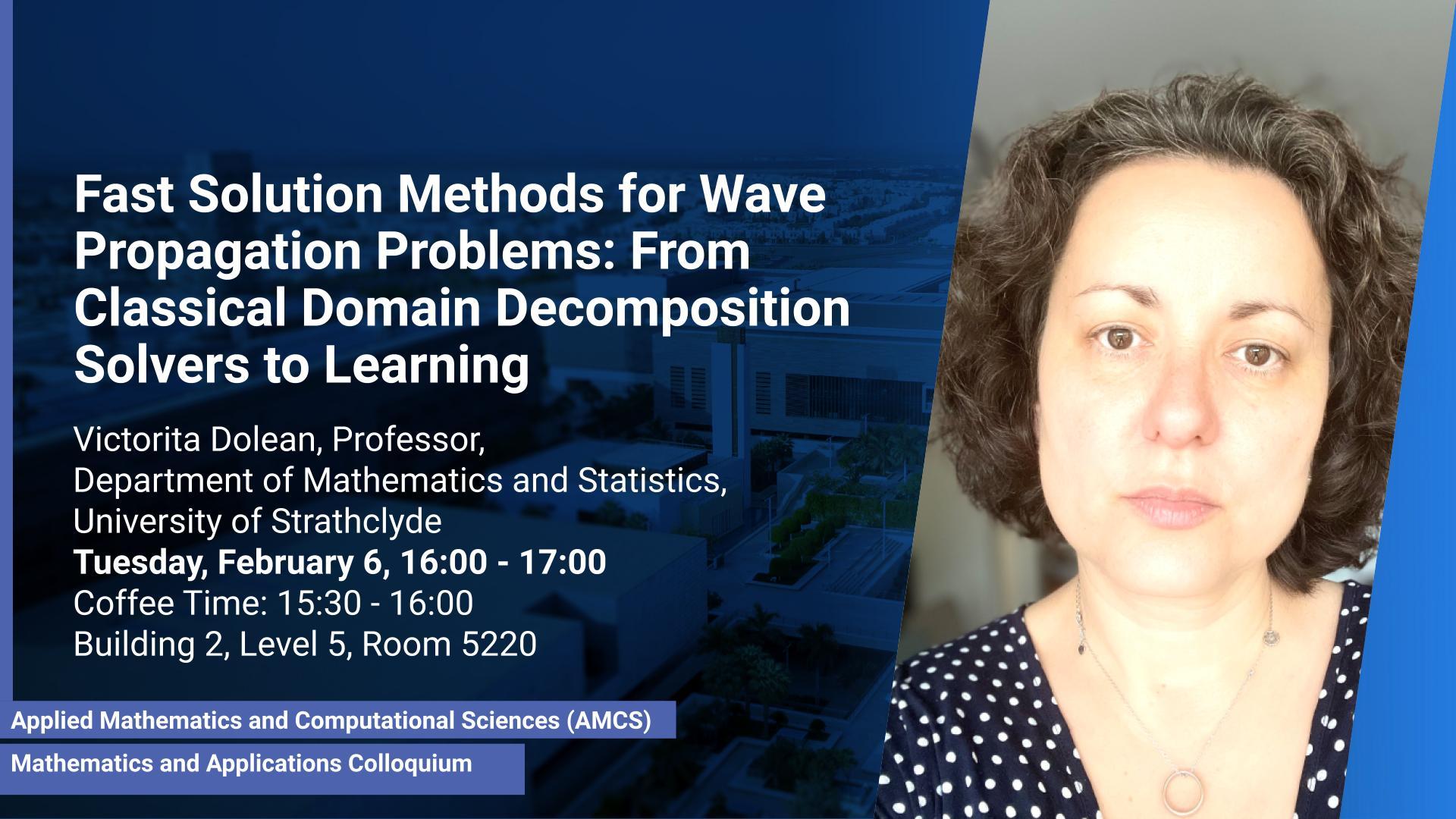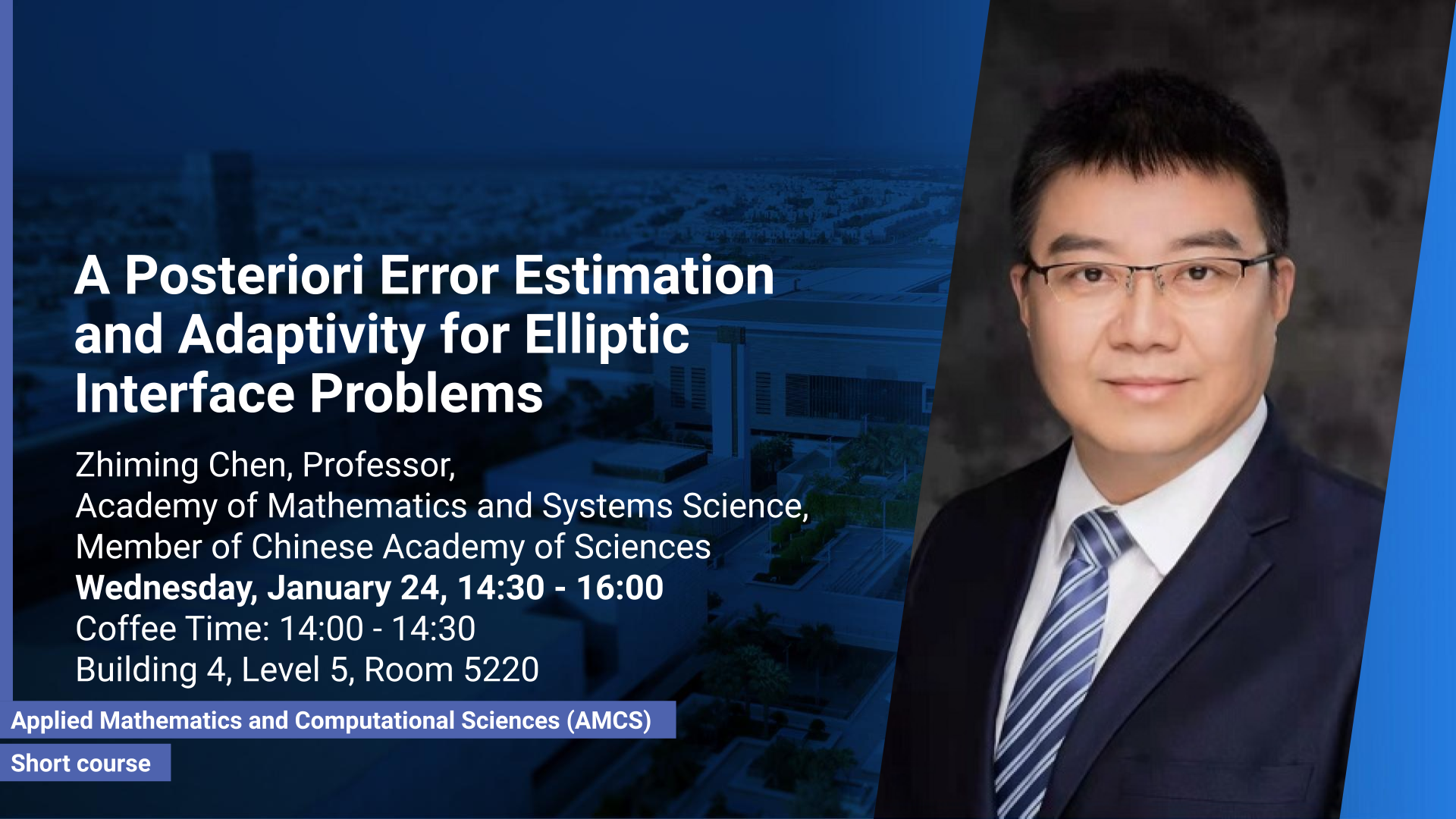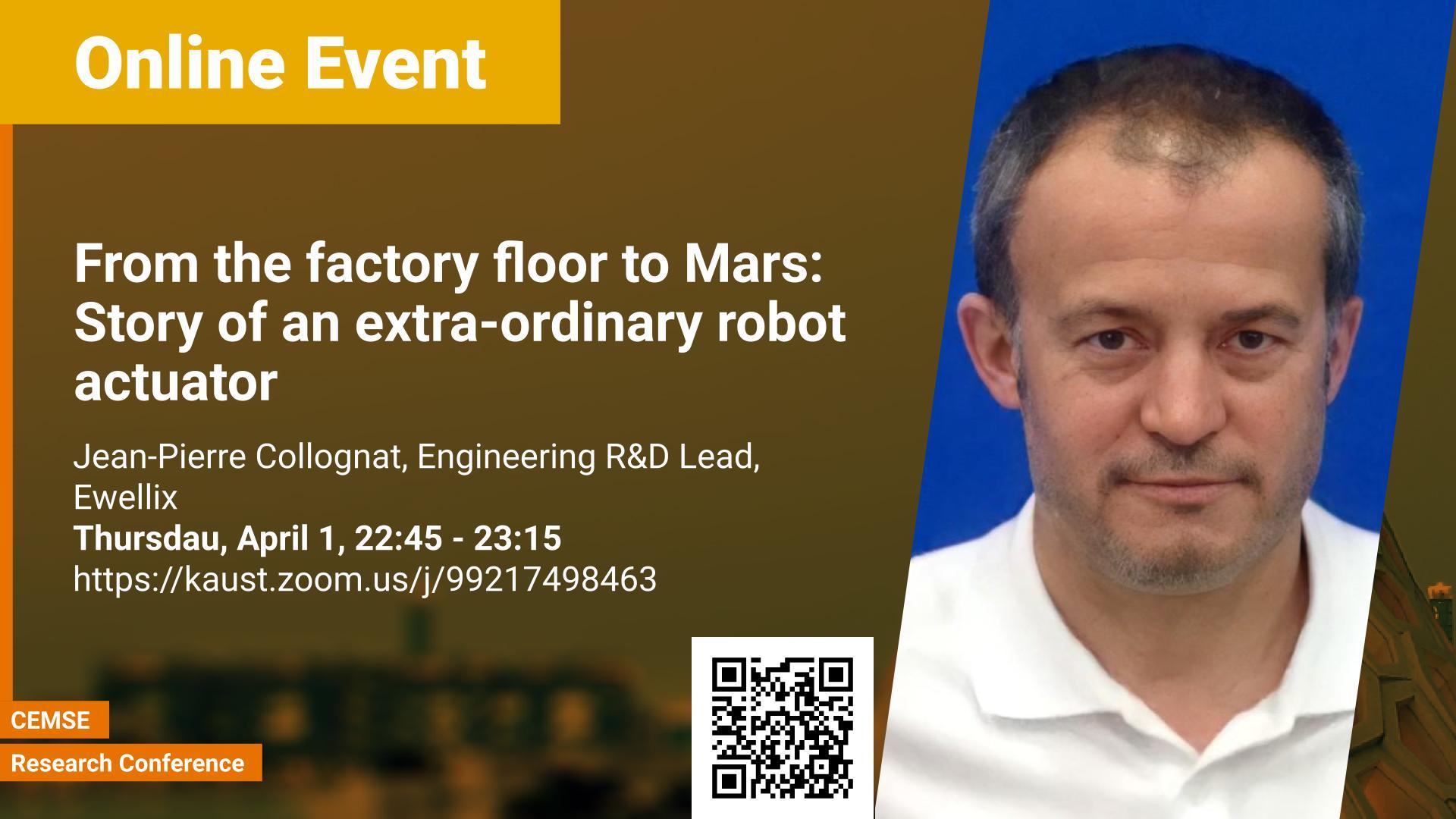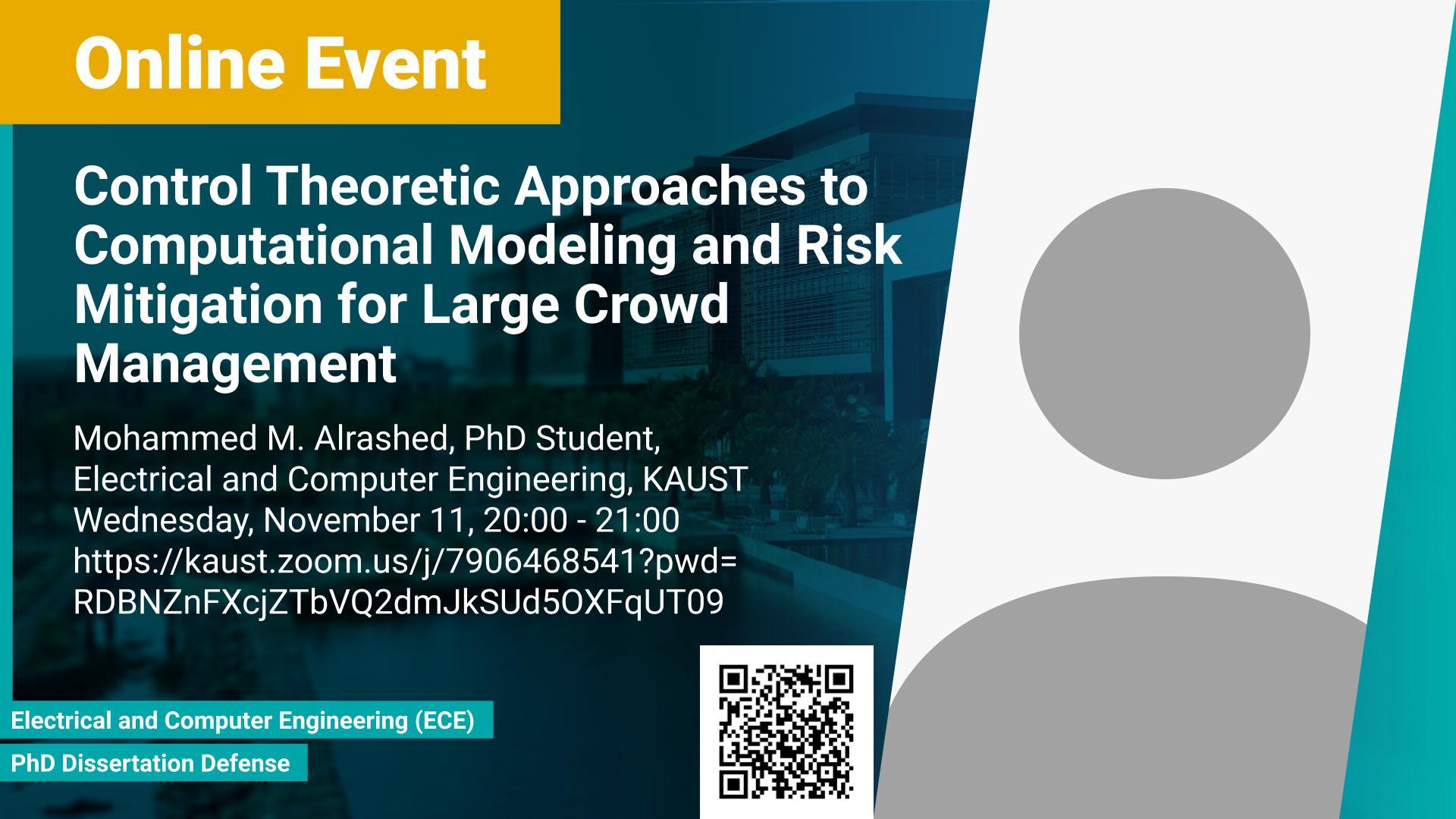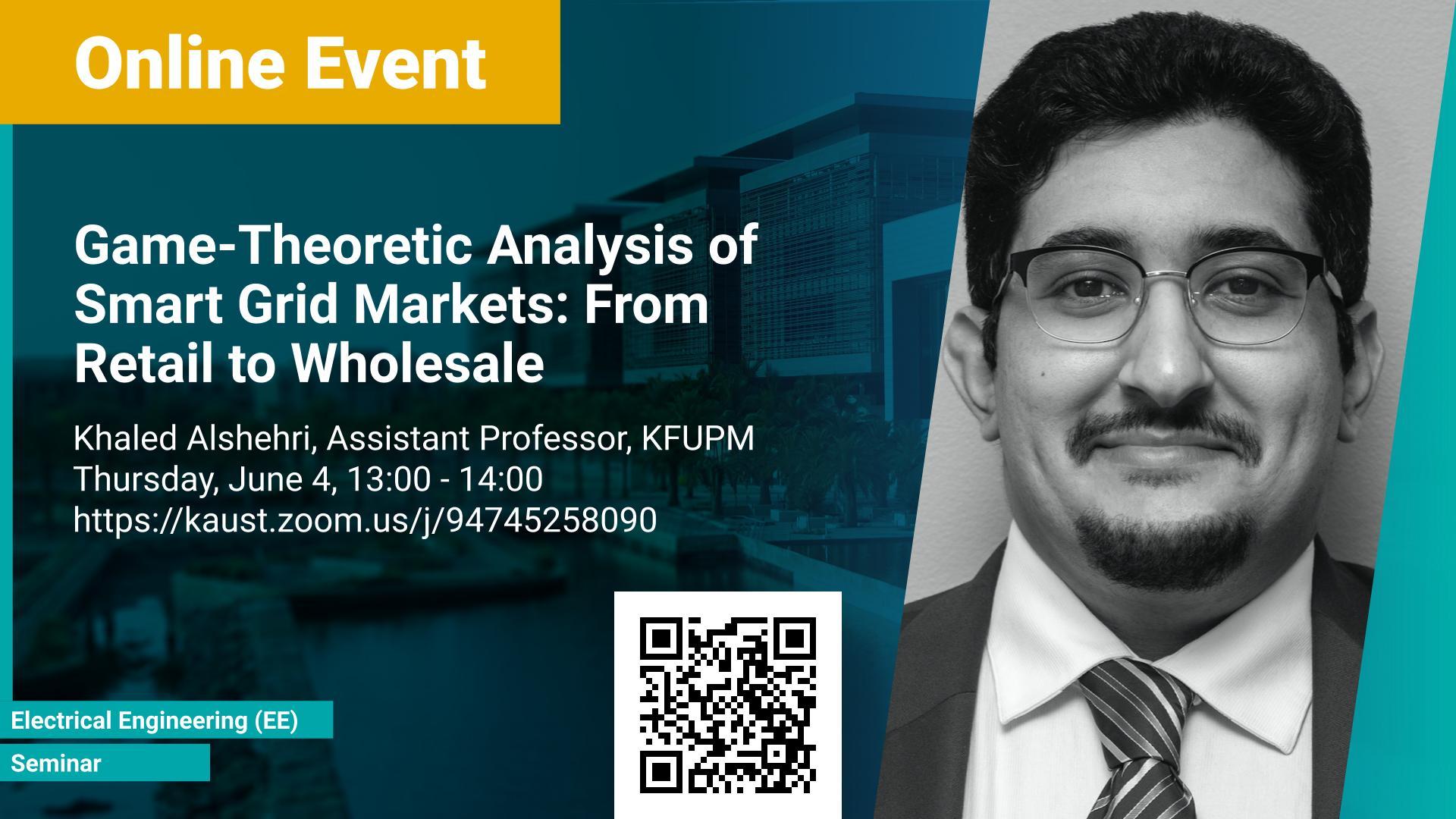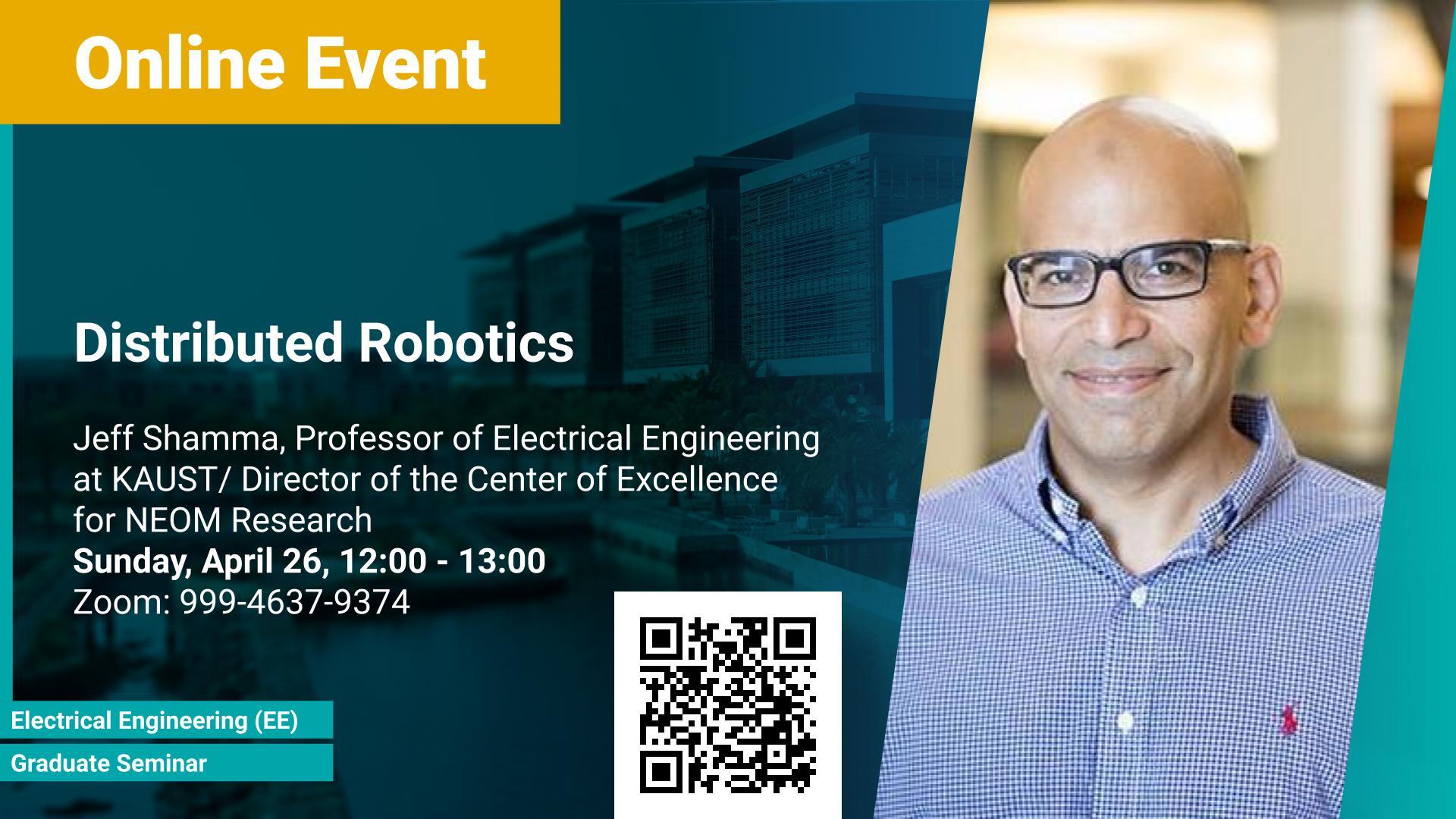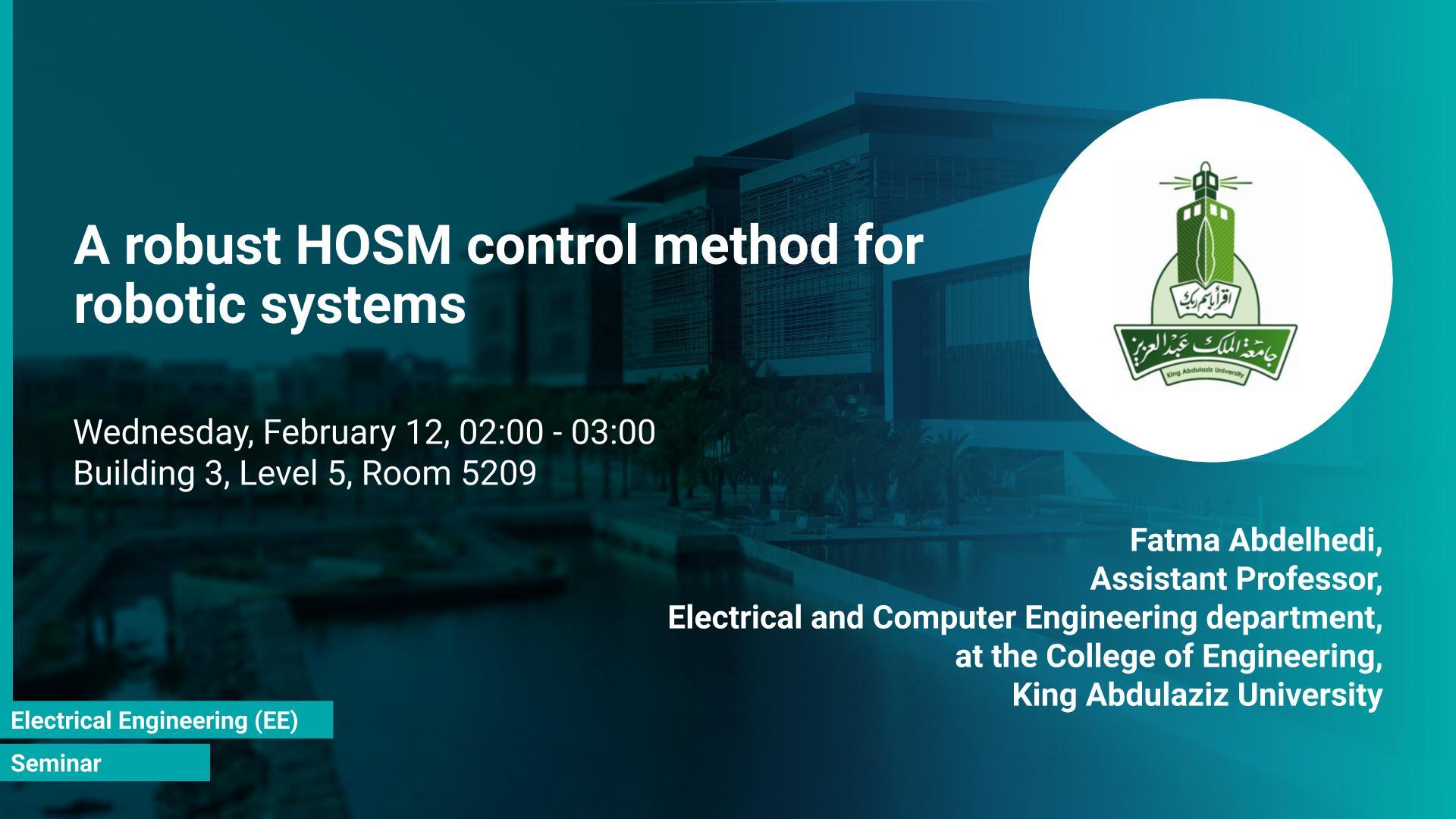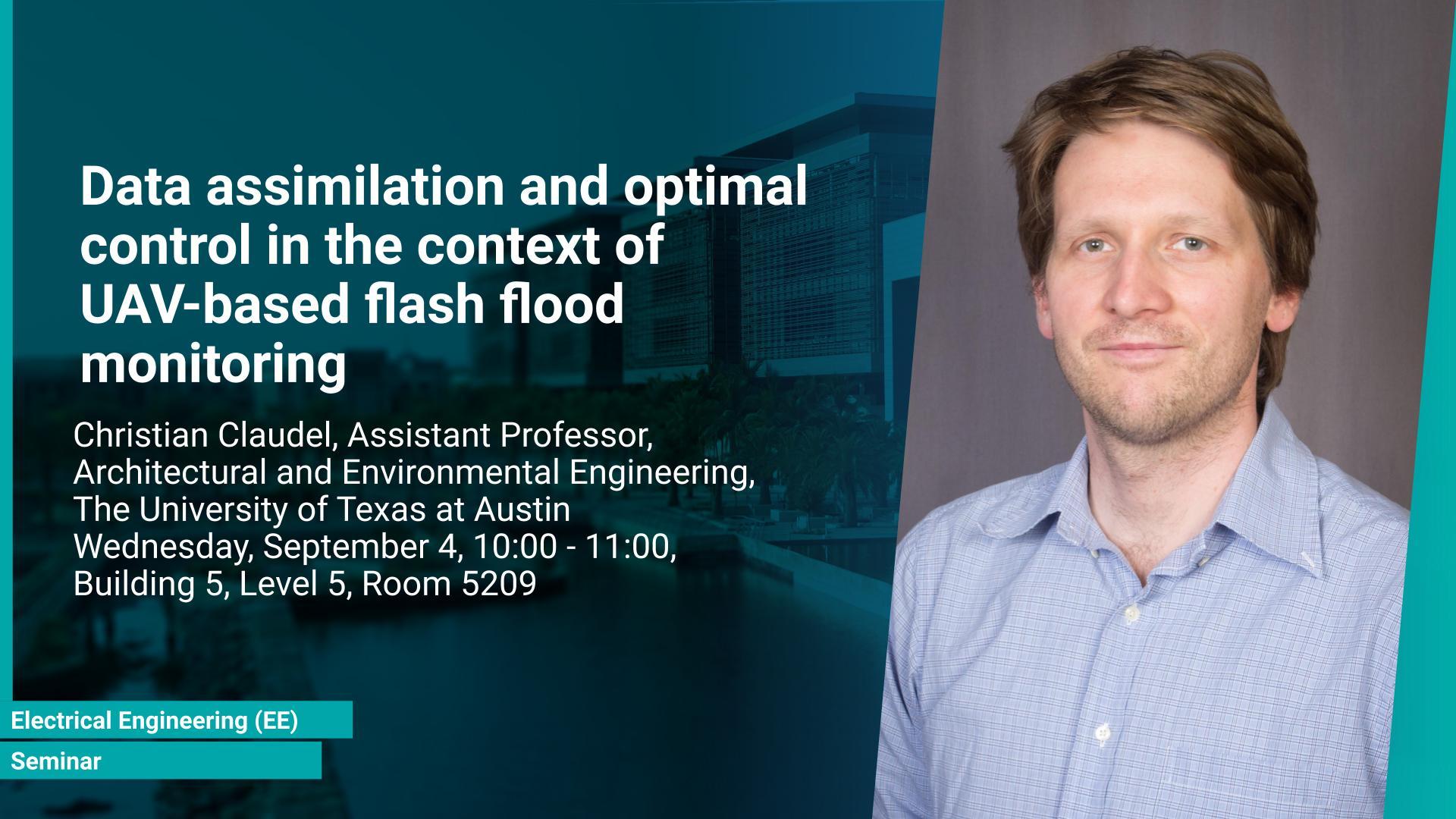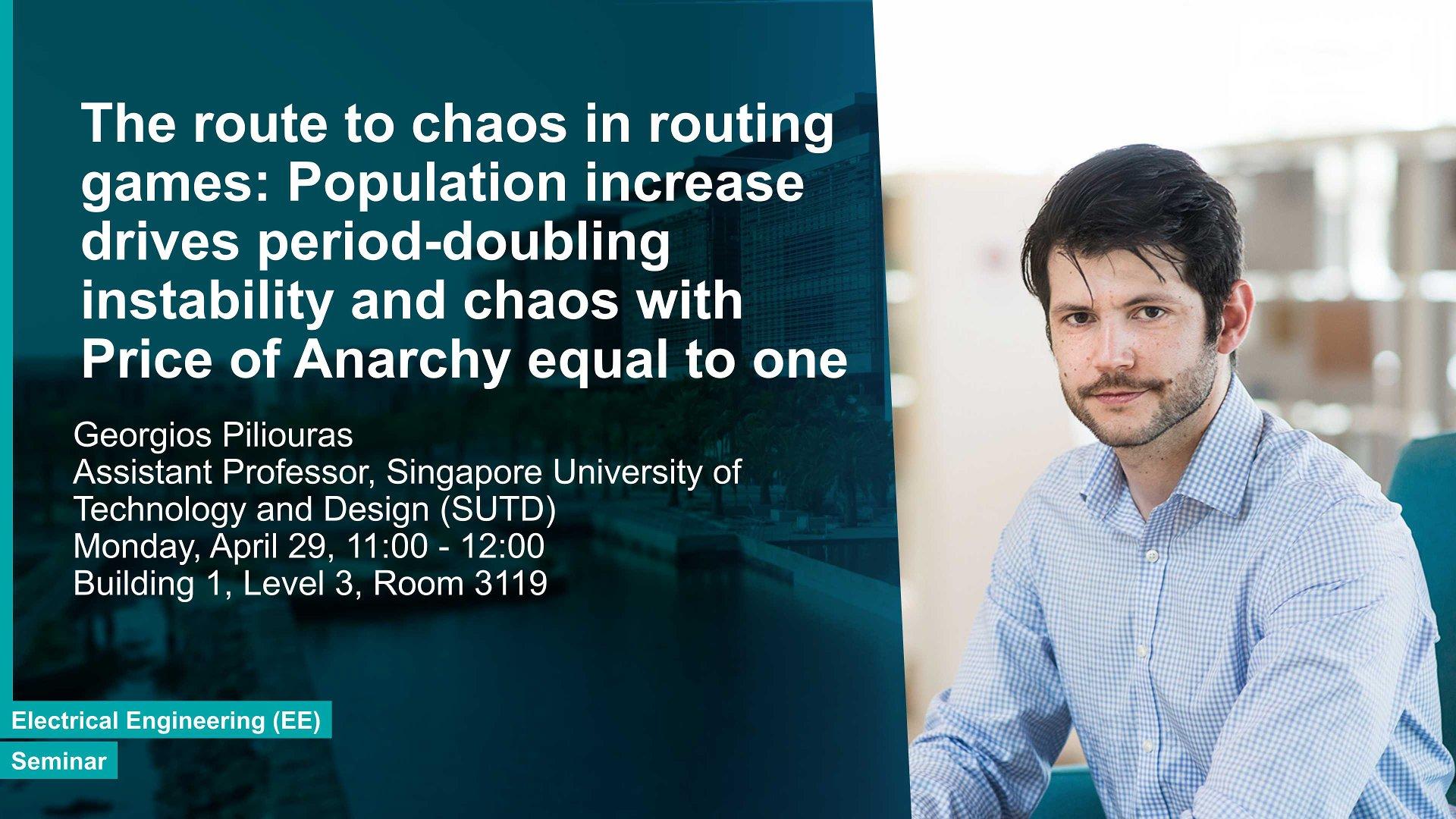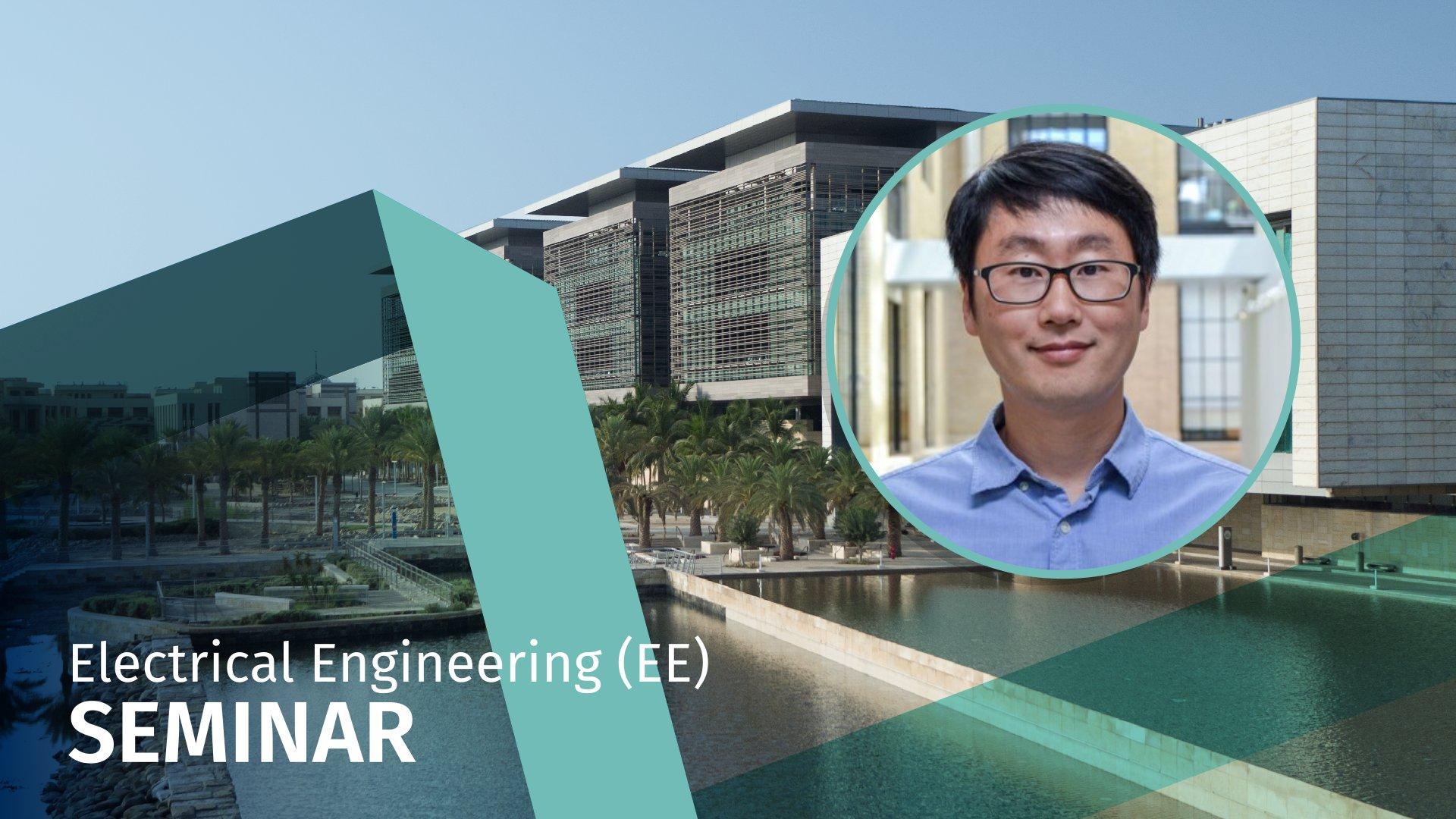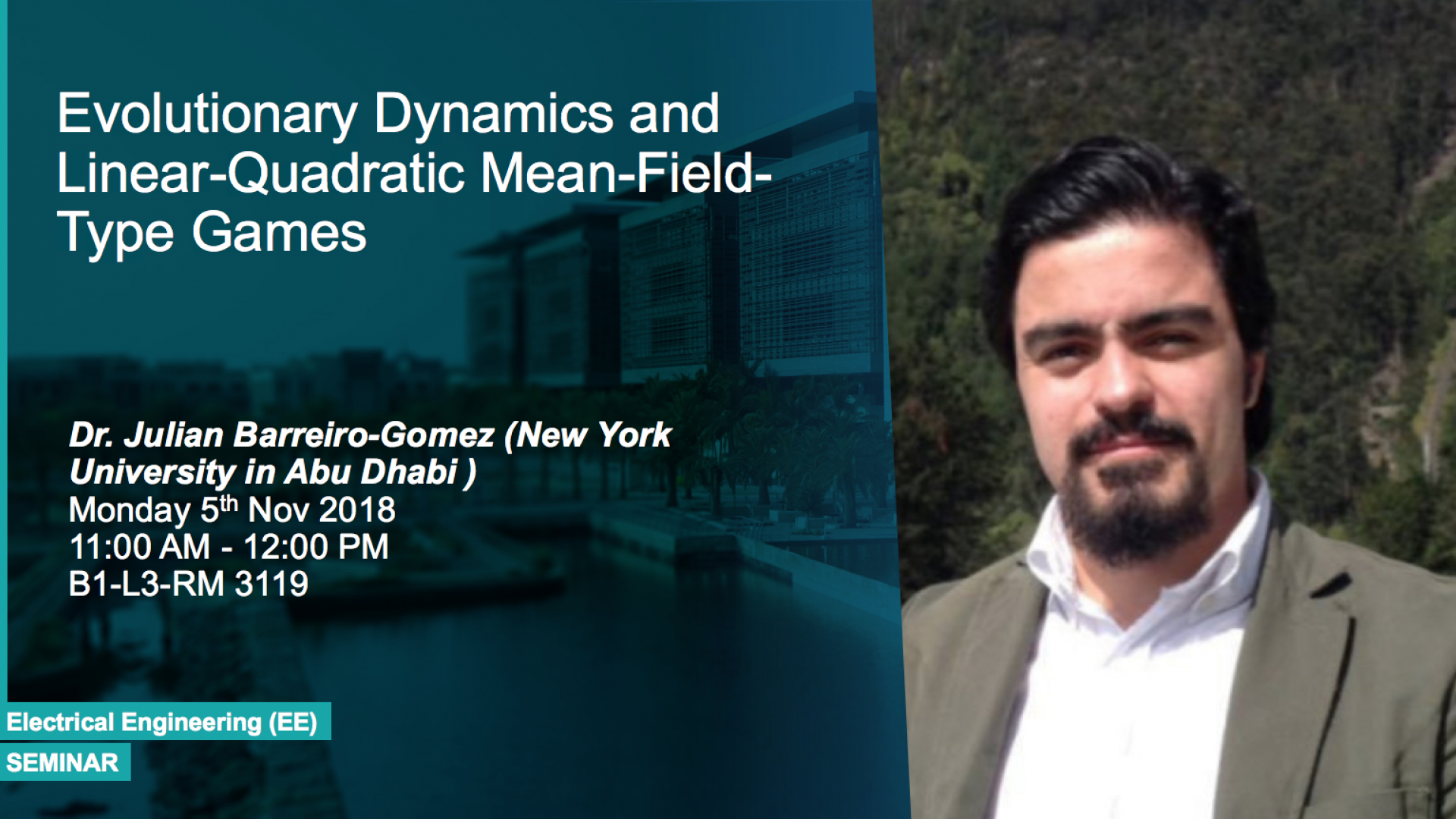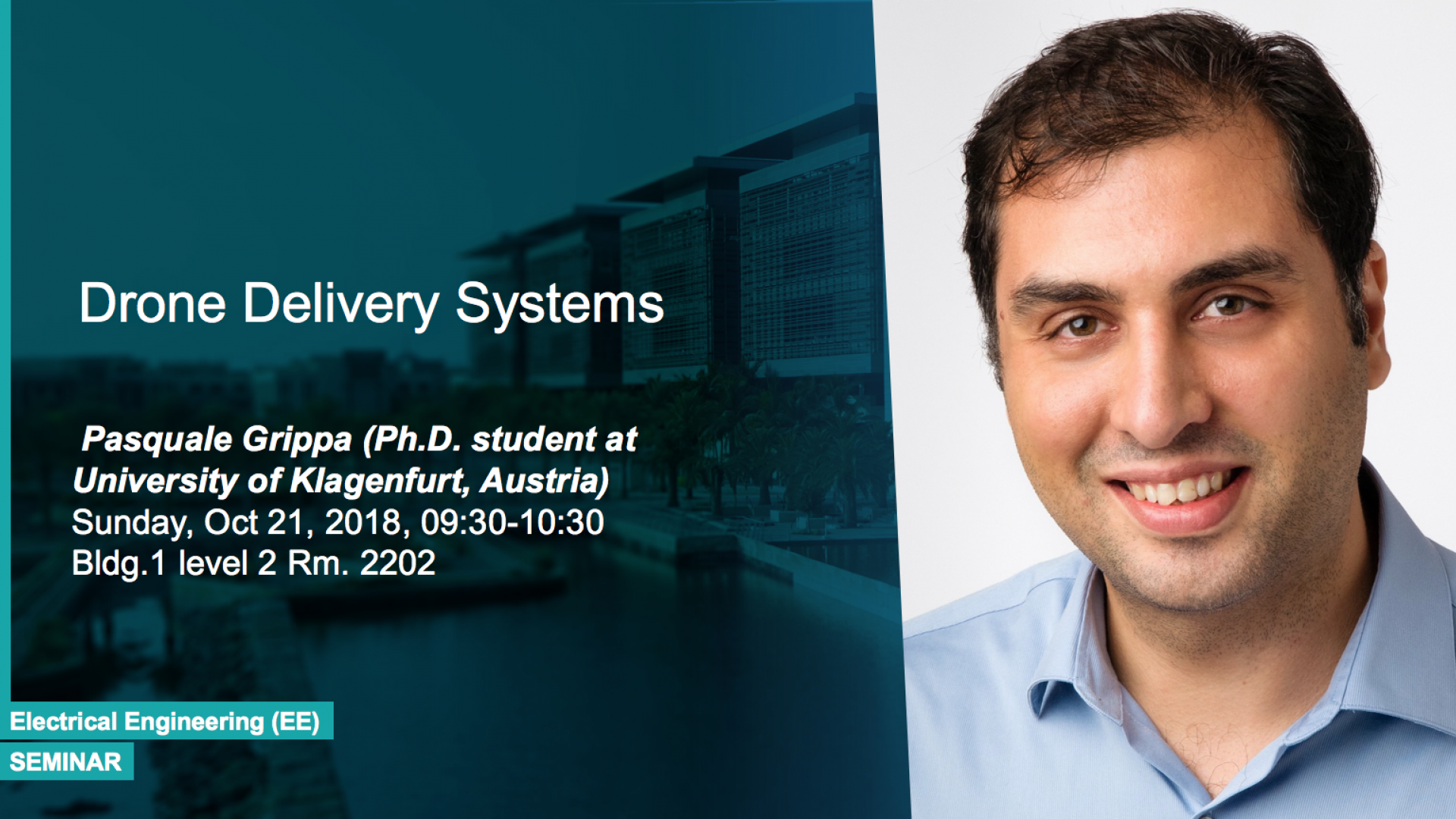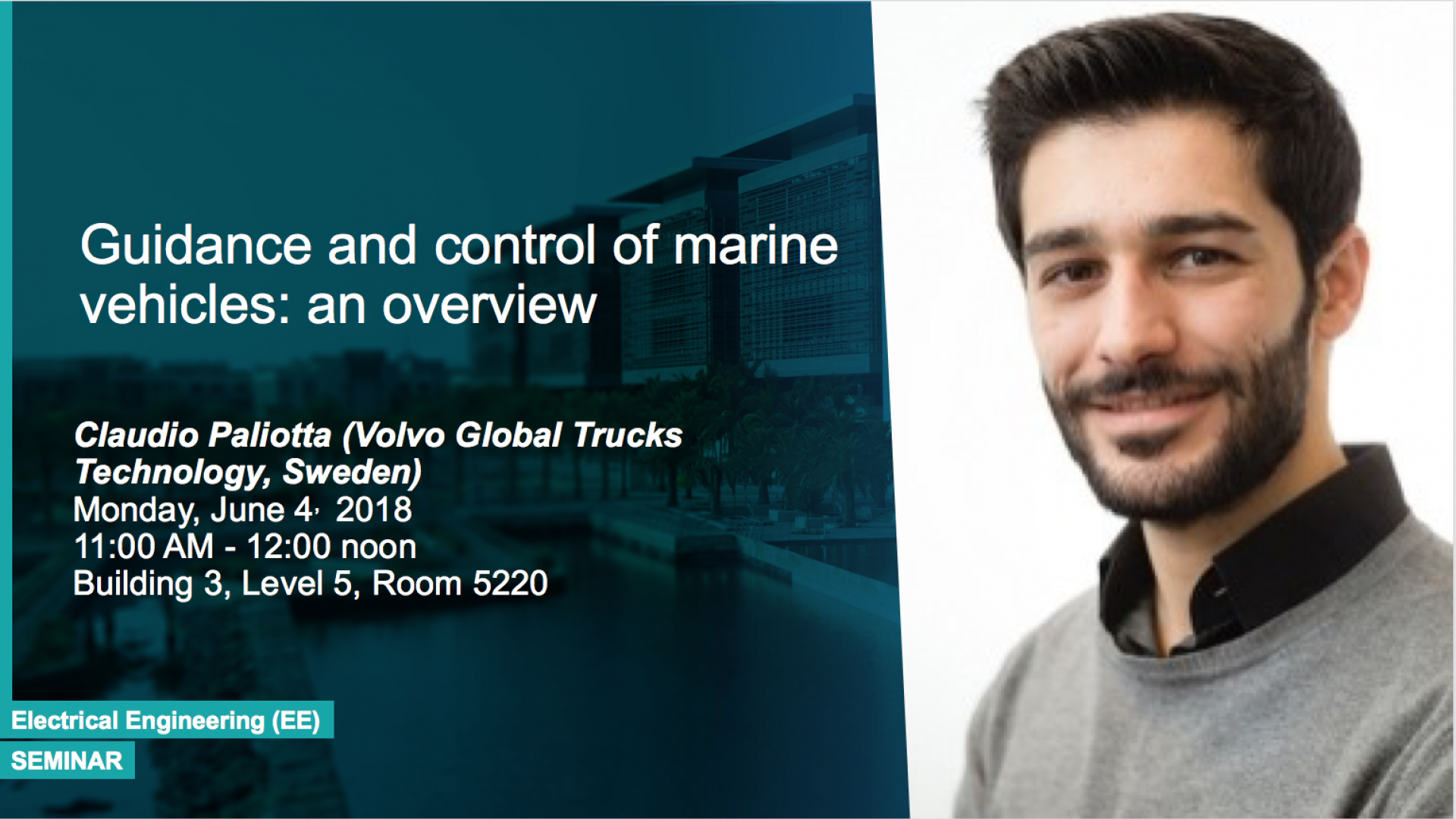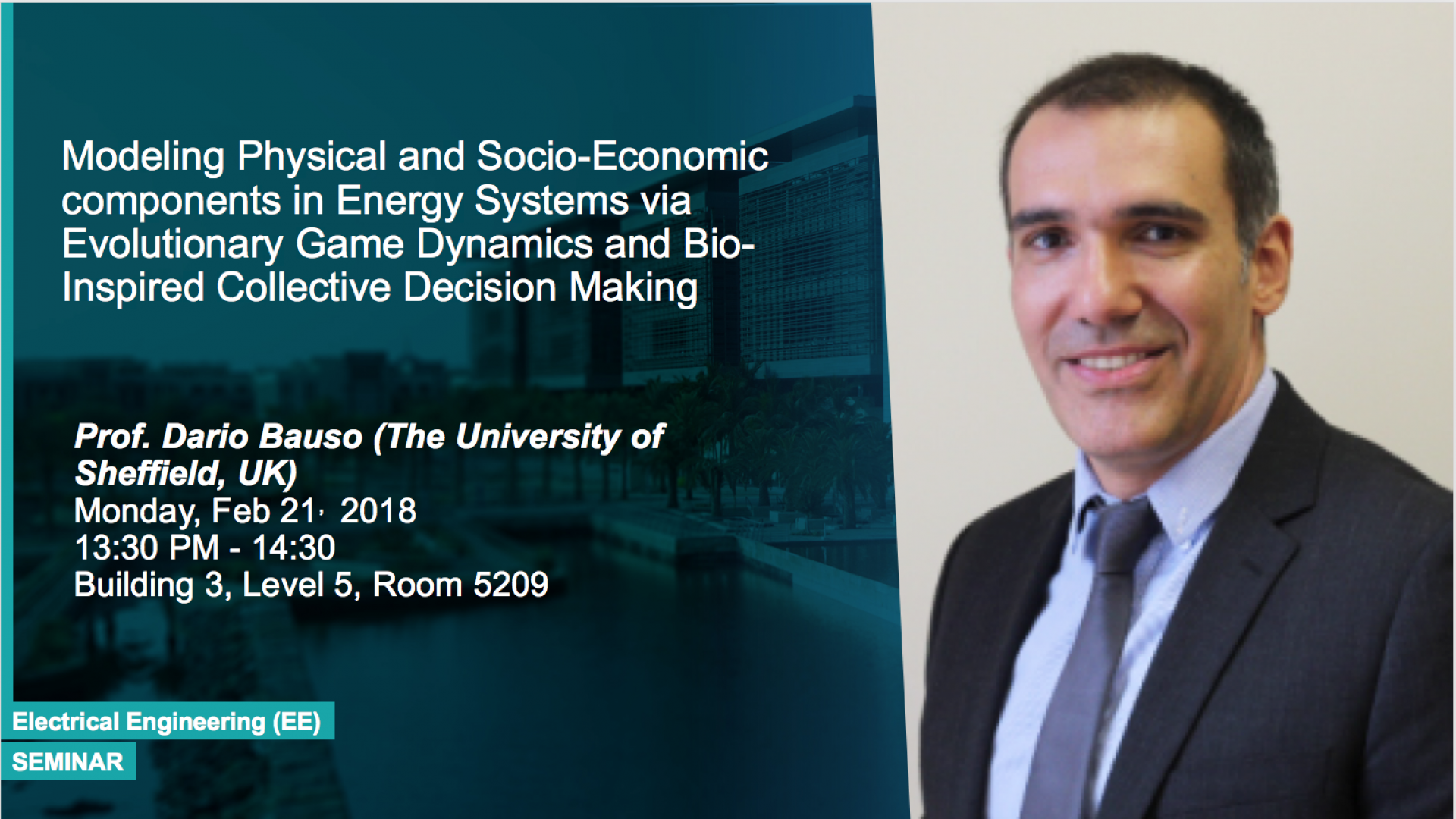Khaled Alshehri, Assistant Professor, KFUPM
Thursday, June 04, 2020, 13:00
- 14:00
KAUST
As end-consumers of electricity become more proactive and as many countries around the world push for a deeper penetration of renewable resources into the power grid, critical issues and challenges arise to the design and operation of deregulated electricity markets. In this presentation, we show how one can exploit tools from game theory to address some of these critical issues. Firstly, wholesale and retail markets are becoming more integrated due to the increasing adoption of distributed energy resources, creating a large gap in the current understanding of the impact of such small-scale energy resources on the larger power system operation and electricity market outcomes. This motivates us to develop a metric, called the Price of Aggregation, which quantifies the impact of integrating distributed energy resources in the retail-level on wholesale market efficiency. Secondly, evidence from real markets indicate that large-scale adoption of wind energy in the transmission system leads to significantly higher price volatility in wholesale markets. To mitigate the effects of price volatility, we propose an add-on centralized clearing mechanism that is applicable to any wholesale market, with the aim of allowing any market participant to hedge against profit volatilities, without changing the existing market operations. Finally, we develop a multiperiod-multicompany demand response framework in retail markets, which captures the behavior of competing companies and their price-responsive end-consumers. Using real-life data, we demonstrate potential savings that can exceed 30% for end-consumers, in addition to revealing desirable mathematical properties and deep insights.
